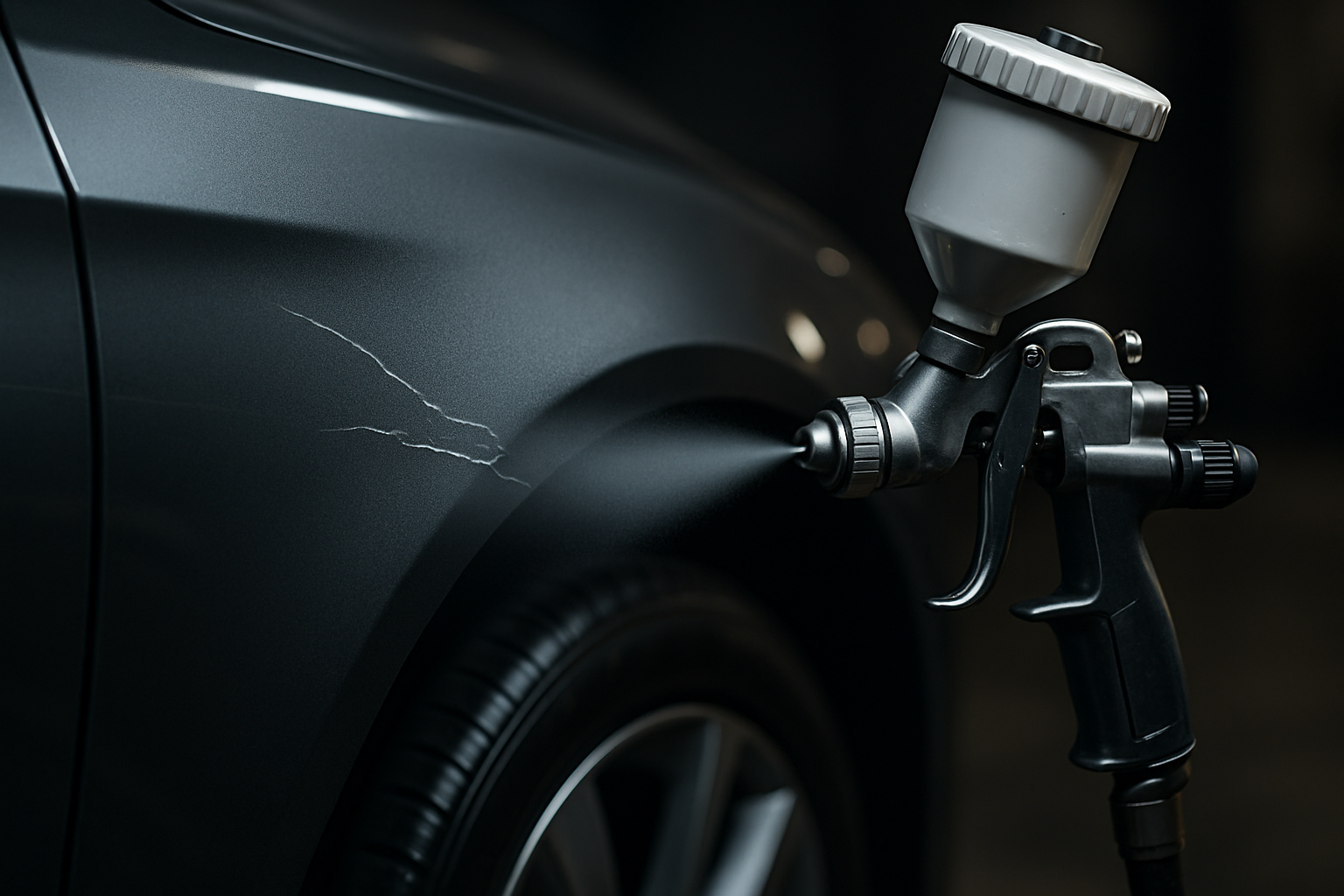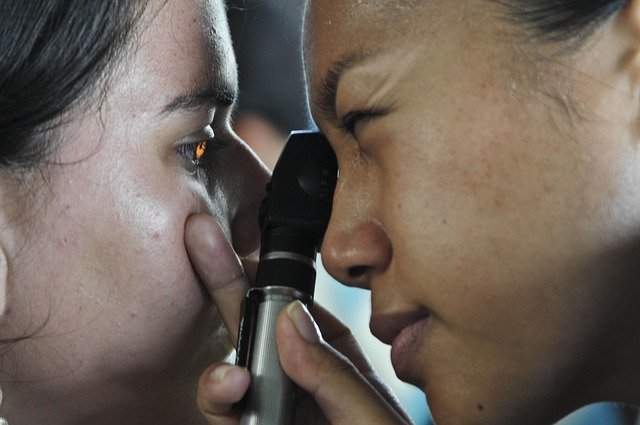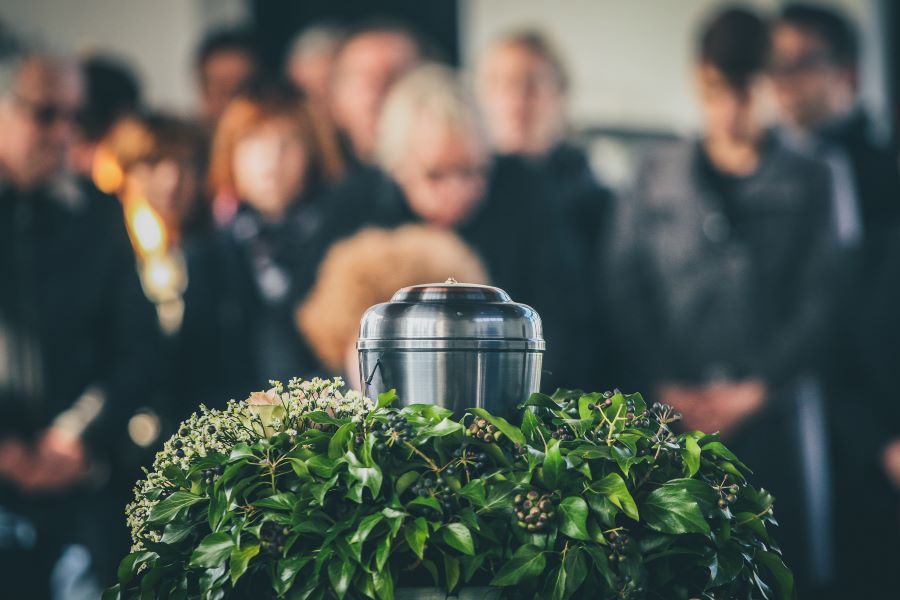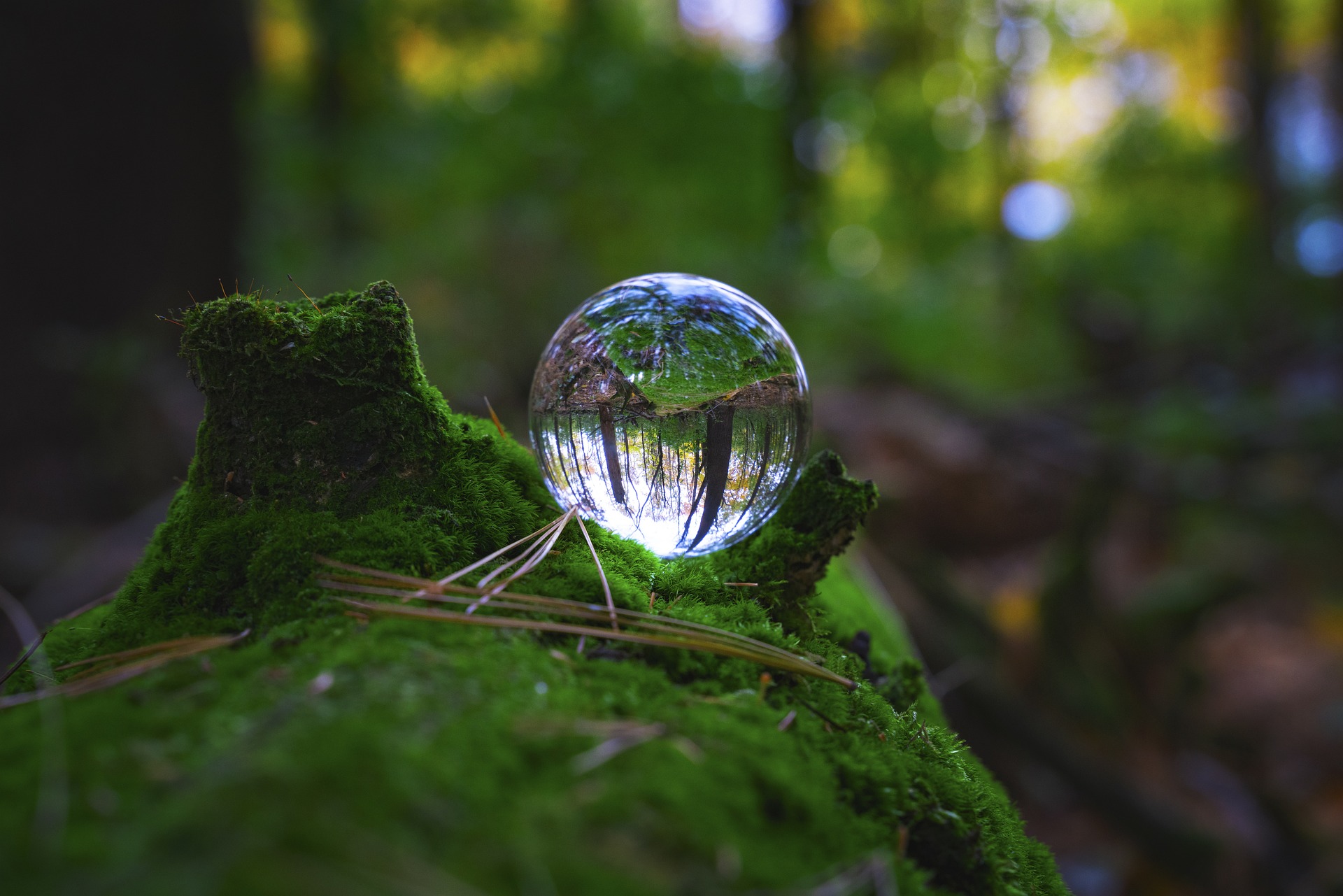Exploring the Benefits, Durability, and Cost of Car Painting
Whether you want to restore your vehicle’s original shine or give it a completely new colour, professional car painting can dramatically improve its appearance and protect its body. A new paint job isn't just about aesthetics; it also guards against rust, corrosion, and environmental damage. This article breaks down the process of a high-quality paint job, from surface preparation and priming to the final coat and clear finish. Discover the different types of paint and what to expect from a professional service, helping you make an informed decision to revitalise your vehicle.

Understanding Different Types of Car Paint Finishes
Modern automotive paints come in several distinct categories, each offering unique characteristics and visual appeal. Single-stage paint systems combine color and clear coat in one application, providing a traditional approach that’s often more affordable but less durable than newer alternatives.
Base coat and clear coat systems represent the current industry standard, featuring a colored base layer protected by a transparent top coat. This two-stage process delivers superior gloss retention, UV protection, and scratch resistance compared to single-stage applications.
Specialty finishes include metallic paints containing aluminum flakes for shimmer effects, pearl paints with mica particles creating color-shifting properties, and matte finishes that eliminate traditional gloss. Each finish type requires specific application techniques and maintenance approaches to achieve optimal results.
The Professional Car Painting Process Explained
Professional automotive painting follows a systematic approach ensuring quality results and long-term durability. The process begins with thorough surface preparation, including sanding existing paint, filling imperfections, and applying primer to create proper adhesion.
Paint application occurs in controlled environments using spray booths that maintain consistent temperature, humidity, and air filtration. Professional painters apply multiple thin coats rather than single heavy applications, allowing proper curing between layers. This technique prevents runs, ensures even coverage, and maximizes paint adhesion.
The final curing process may involve baking at controlled temperatures to accelerate chemical bonding and achieve maximum hardness. Quality control inspections identify any imperfections requiring correction before final delivery.
Comparing DIY vs Professional Painting Approaches
DIY car painting appeals to budget-conscious vehicle owners willing to invest significant time and effort. Home projects require substantial equipment including compressors, spray guns, protective equipment, and suitable workspace ventilation. Material costs for quality paints, primers, and supplies can reach several hundred dollars before labor considerations.
Professional services offer expertise, specialized equipment, and warranty protection that DIY projects cannot match. Experienced painters understand paint mixing, application techniques, and environmental controls necessary for professional results. The controlled shop environment eliminates dust contamination and weather-related complications common in DIY attempts.
Skill requirements for successful DIY painting include surface preparation knowledge, spray technique mastery, and problem-solving abilities when issues arise. Many DIY attempts result in unsatisfactory finishes requiring professional correction, ultimately increasing total project costs.
Key Benefits of Getting a New Paint Job
A quality paint job delivers multiple advantages beyond improved appearance. Fresh paint provides crucial protection against corrosion, UV damage, and environmental contaminants that gradually deteriorate unprotected metal surfaces. This protective barrier extends vehicle lifespan and maintains structural integrity.
Vehicle value preservation represents another significant benefit, as well-maintained paint significantly impacts resale prices. Cars with faded, damaged, or peeling paint typically sell for substantially less than vehicles with quality finishes. Professional paint work often returns more value than the initial investment.
Personal satisfaction and pride of ownership improve dramatically with fresh paint. Whether restoring original colors or choosing custom finishes, new paint transforms driving experience and reflects owner personality and preferences.
Real-World Car Paint Job Pricing Breakdown
Car painting costs vary significantly based on paint quality, preparation requirements, and service provider expertise. Understanding typical pricing structures helps vehicle owners budget appropriately and evaluate service options effectively.
| Service Level | Provider Type | Cost Range | Coverage Details |
|---|---|---|---|
| Basic Paint Job | Chain Shops (Maaco, Earl Scheib) | $500-$1,500 | Single stage, minimal prep work |
| Standard Paint Job | Local Body Shops | $1,500-$4,000 | Two-stage system, moderate prep |
| Premium Paint Job | Specialty Paint Shops | $4,000-$8,000 | High-end materials, extensive prep |
| Show Quality Paint | Custom Restoration Shops | $8,000-$15,000+ | Multiple coats, perfect finish |
Prices, rates, or cost estimates mentioned in this article are based on the latest available information but may change over time. Independent research is advised before making financial decisions.
Durability Expectations and Maintenance Requirements
Paint longevity depends on application quality, environmental exposure, and maintenance practices. Professional paint jobs using quality materials typically last 10-15 years with proper care, while budget applications may show deterioration within 3-5 years.
Environmental factors significantly impact paint durability. Vehicles exposed to intense UV radiation, salt air, industrial pollutants, or extreme temperature variations experience accelerated aging compared to garage-kept cars in mild climates.
Regular maintenance including washing, waxing, and prompt repair of chips or scratches maximizes paint lifespan. Professional detailing services help maintain appearance and identify potential problems before major damage occurs.
Car painting represents a substantial investment requiring careful consideration of costs, benefits, and quality expectations. Professional services generally deliver superior results and longer-lasting protection compared to DIY approaches, though budget constraints may influence decision-making. Understanding different paint types, application processes, and maintenance requirements helps vehicle owners make informed choices that balance immediate costs with long-term value preservation.




